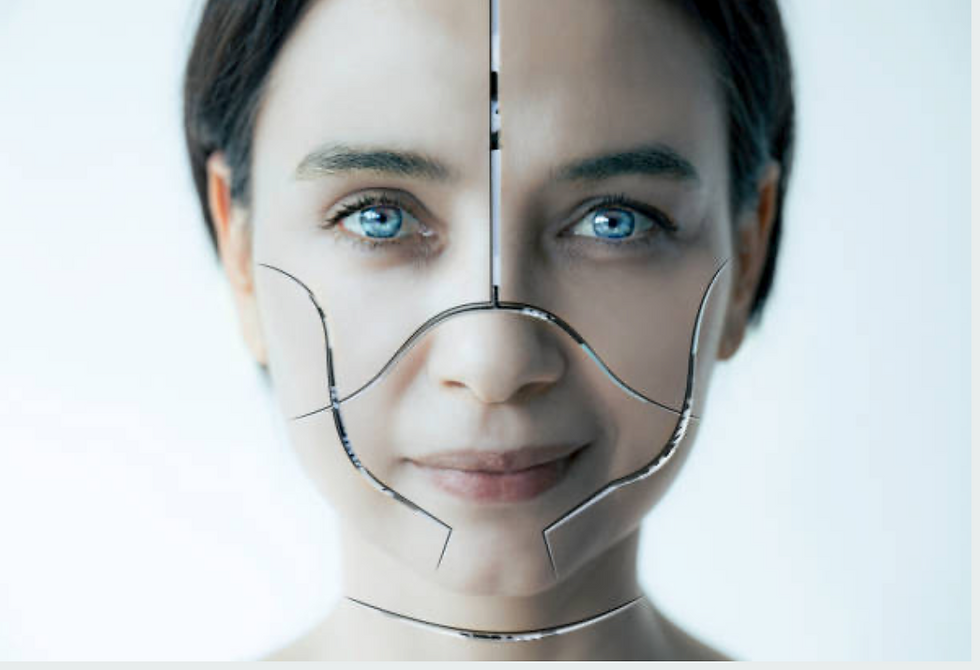When the news is too much
- wildfiles8
- Apr 2
- 3 min read

Every year, more and more people are switching off from the news - in Australia at faster rates than just about anywhere else in the world.
"It's overload. It's too confusing. It's just too distressing. You can't tell what's true anymore."
It's not just the difficult nature of what we're absorbing. It's the sense that we're powerless to do anything about it.
In a post I shared earlier, I suggested that it's okay not to have an opinion about everything
Humans can’t fully engage with every issue, and sometimes adding our voice only adds to the noise. Resisting the urge to speak on everything can create space to amplify voices that matter most.
But this isn’t a blank cheque to disengage. It’s a chance to focus on what really matters to us – where we can have the most impact. Done well, it makes us more compassionate and effective.
How?
1. Take control of what you focus on
What’s your news and information strategy? Most of us don’t have one. We dip in and out when we have time, often overwhelmed and reactive.
An intentional approach helps restore a sense of control. I try to limit my daily info diet to specific sources at regular times: a couple of general news updates and deeper dives into things I care about (or find joy in – like Fat Bear Week). All up, maybe 1–2 hours a day.
I avoid TV and video news, and try not to get sucked into push notifications. On social media, I seek out stories of real lives, humour, and beauty – and I curate my feed regularly, keeping a bit of content I disagree with to avoid echo chambers.
I also prioritise content that teaches me something: how to listen, reframe, or understand emotions – and I follow sites focused on positive journalism (list at the bottom – send me yours!)
Regaining a sense of agency starts by choosing what we consume and why. That choice helps us keep engaging – and yes, we still need cat videos.
2. Where can you have the most impact?
News overwhelm often comes with the feeling that we can’t do anything. But that’s not the whole story – it depends where we focus.
People tend to be most engaged when the issues affect us or those we love: raising funds for breast cancer, helping at school, pushing for aged care reform. These contributions matter – stay involved. Start local.
What about 'changing the world'?
I grew up in a tradition that valued speaking up for the forgotten. That’s led me to focus on things like international justice, refugee rights and Indigenous advocacy – not things that come from my own context. I acknowledge the privilege it is being able to focus on "big picture" issues - many of us are genuinely swamped staying afloat personally. I need to be careful about alienating others who don't/can't or won't share my anger, angst or sorrow or some of these issues. Flooding my social media pages with accusations that make people feel guilty about their lack engagement may well do more harm than good.
I believe in the model of spheres of influence, concern and control. Encouraging myself and others to filter what I focus on and take responsibility for helps me stay engaged in a sustainable way.
3. Which way to engage is right for you?
There’s not just “speak out” or “do nothing.” Bill Moyer’s model of activism highlights four roles: citizen, rebel, reformer, change agent – all needed for lasting change.
I started as a rebel – protests, certainty, statements. That matters. But over the years, I’ve added other roles: citizen and change agent. Sometimes that looks like signing petitions, writing letters, donating, or hosting an event. Other times it’s about living the values I wish were more visible in the world – offering empathy, humour, presence, or simply pausing before reacting.
Is that enough? Not on its own. But change takes different people in different roles, at different times. Right now, I'm very mindful of the fact that every injustice begins with disconnection. When we’re trusted and known – especially by those we disagree with – we can help rebuild what’s broken. And that's an important role to play.
When the news feels like too much, step back. Focus on what matters most to you. Engage in a way that’s authentic and sustainable. Whisper, shout, show up quietly. Just keep doing what you can, with what you have, where you are.
That’s how we stay engaged with compassion and hope – over the long haul. And that’s what we need in a world that too often looks more broken than beautiful.
A couple of go- to sources:
Think Fast, Talk Smart Podcast



Comments